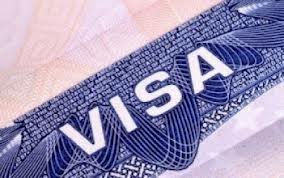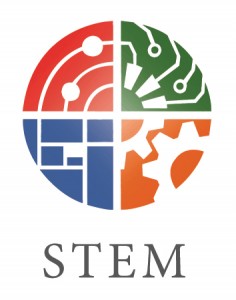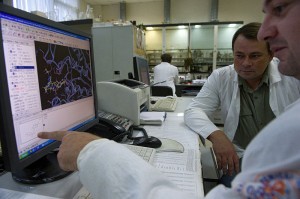
High-Skilled Immigration Reform Needed to Enhance Competitiveness
The political capital and motivation pushing immigration reform should not reside solely with the demand for stricter border security and the prevention of a mass influx of illegal aliens. While national security and illegal immigration concerns are clearly linked, they are also related to the lack of high skilled immigration as viewed from the lens of American Competitiveness. The United States must aim to attract and retain the “best and brightest” in order to ensure greater security through economic and research and development advancements. The current system for immigration greatly hinders the state’s ability to keep high skilled foreigners in the United States upon graduation as well as attract the best.
Unfortunately, over the past decade, the United States has seen a pattern of human capital flight with regards to highly educated foreigners. Due to a flawed immigration system in which only 85,000 H-1B high-skilled and 140,000 work visas (of which one country cannot make up more than 7%) are issued, the U.S. is losing many of the top foreign-born students to other nations such as Russia and China. Such ramifications are especially true in the most critical programs for advancement, especially those with degrees in Science, Technology, Engineering, and Mathematics (STEM).
In 2011, an estimated 40% of the approximately 25,000 students in the United States receiving Ph.Ds in STEM programs were foreign born. However, as a result of the extreme lack of appropriate visas, only 30% of these graduates were able to stay in the U.S. and work in public or private enterprise. This complete disconnect between a vast need for highly-skilled STEM graduates to complete vital research and development and being able to capitalize on an abundance of U.S. educated foreign-born students is quite alarming.
The United States and American taxpayers are failing to achieve a much needed return on “their investment” as many of the foreign-born students attending major research universities receive U.S. government grants and/or state education system scholarships. On the whole, American institutions of higher learning have made considerable advancements in their ability to attract the “best and brightest” scholars across the globe. As the business community and government agencies yearn for such talent, the powers that govern the U.S. should take a lesson in this approach and implement high-skilled immigration reform.
 The current dearth of foreign-born STEM graduates working in the U.S. presents great challenges to many national security imperatives. Without very skilled and intelligent students entering both the public and private sectors of the defense industrial base the U.S. will suffer from a lack of superior research and development. A wide array of emerging asymmetric and hybrid threats such as biological and cyber warfare require highly complex scientific and technical responses. Should U.S. educated, foreign-born graduates return home or land in another nation, they may provide other states will the skills and knowledge necessary to threaten U.S. primacy in certain areas. Furthermore, the Department of Defense may be missing out on the ability to utilize highly educated and skilled foreigners to develop new weapons systems and military technology.
The current dearth of foreign-born STEM graduates working in the U.S. presents great challenges to many national security imperatives. Without very skilled and intelligent students entering both the public and private sectors of the defense industrial base the U.S. will suffer from a lack of superior research and development. A wide array of emerging asymmetric and hybrid threats such as biological and cyber warfare require highly complex scientific and technical responses. Should U.S. educated, foreign-born graduates return home or land in another nation, they may provide other states will the skills and knowledge necessary to threaten U.S. primacy in certain areas. Furthermore, the Department of Defense may be missing out on the ability to utilize highly educated and skilled foreigners to develop new weapons systems and military technology.
As immigration reform reaches the floor of both houses of legislature, Congress should be sure to overhaul the system to include a greater availability of long-term visas and citizenship for highly skilled foreign-born students whom were educated in the United States. Greater coordination between public and private immigration needs is a necessity. Leaders may wish to consider a provision in which students who possess the most-needed degrees, STEM graduates, will receive automatic long-term work visas should the gain employment within six months of graduation. Such reforms will undoubtedly assist American Competitiveness and national security concerns as the U.S. will remain technologically superior via the ability to attract the most highly skilled students from around the world.







[…] High-Skilled Immigration Reform Needed to Enhance Competitiveness Wes Reichart The political capital and motivation pushing immigration reform should not reside solely with the demand for stricter border security and the prevention of a mass influx of illegal aliens. […]